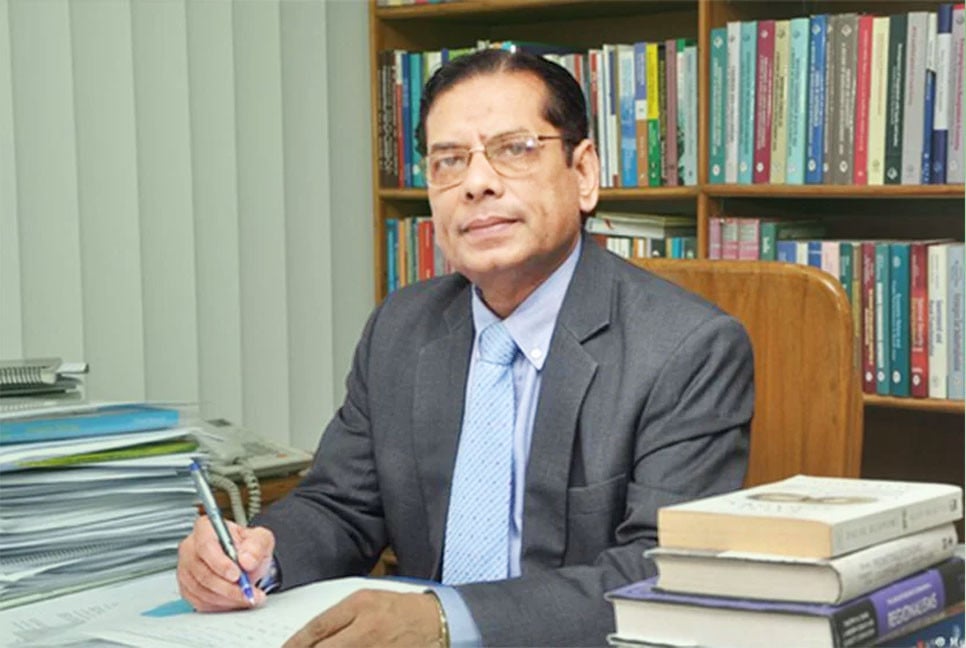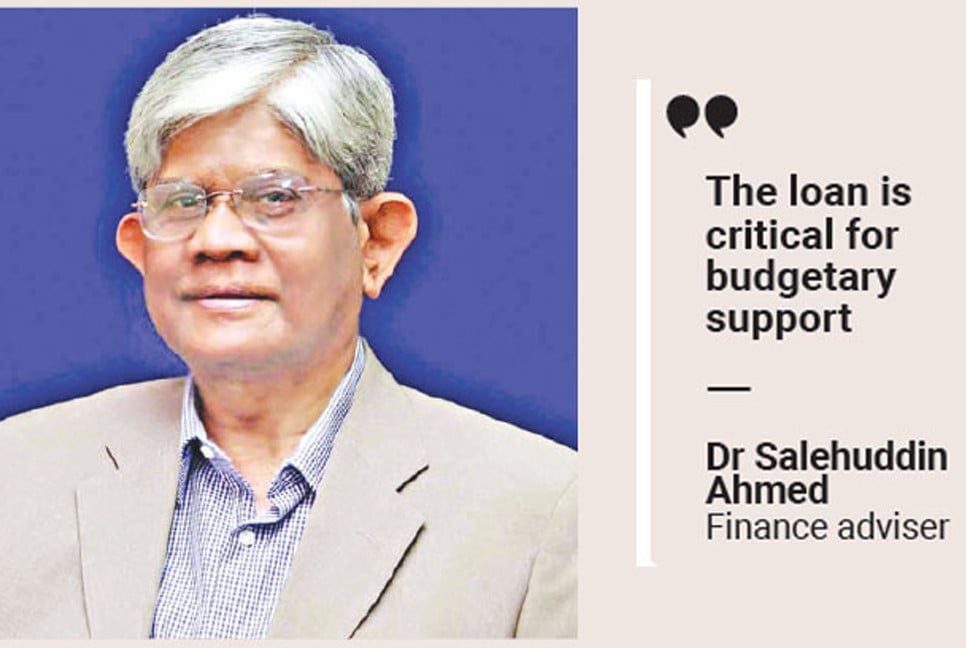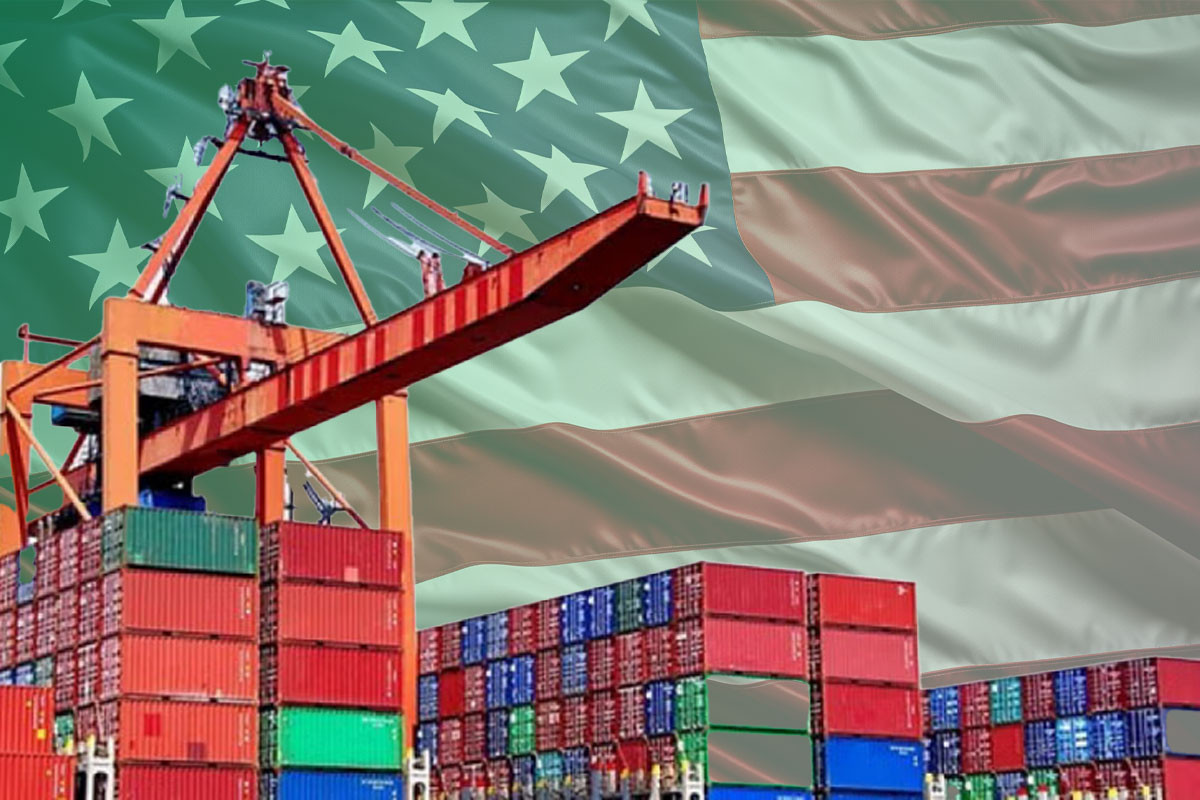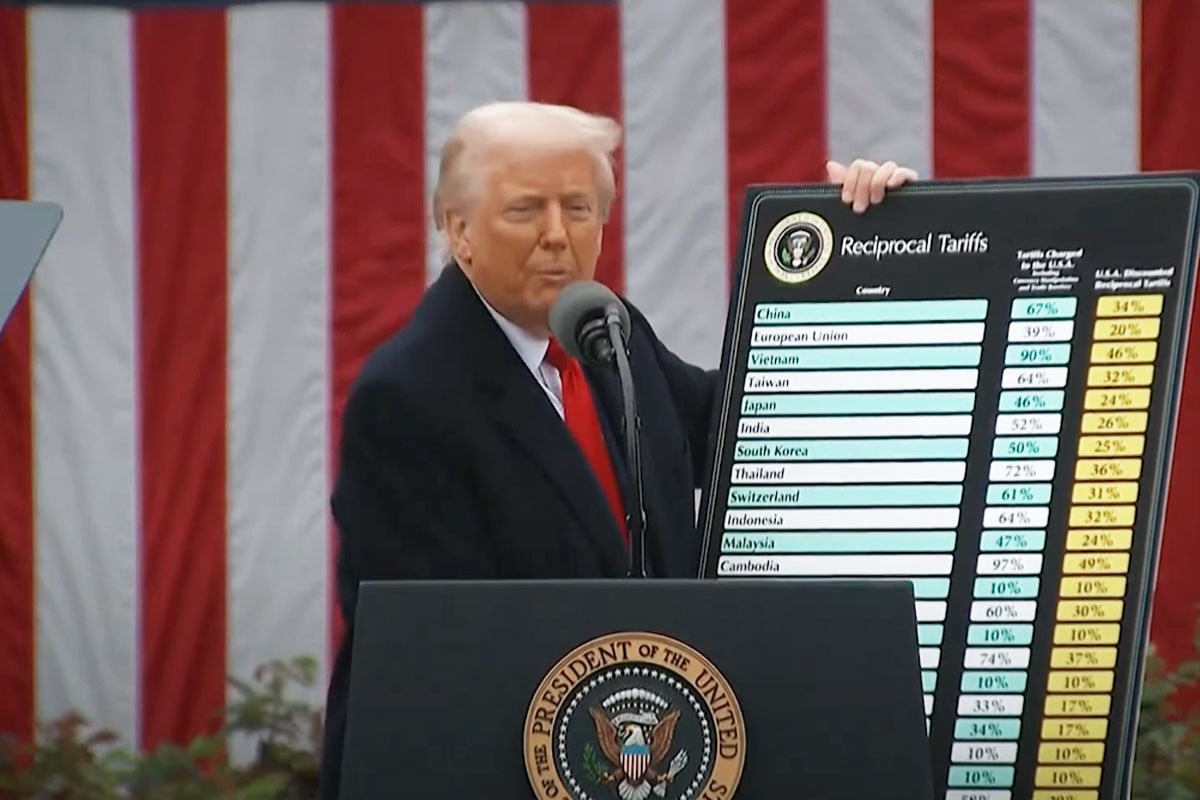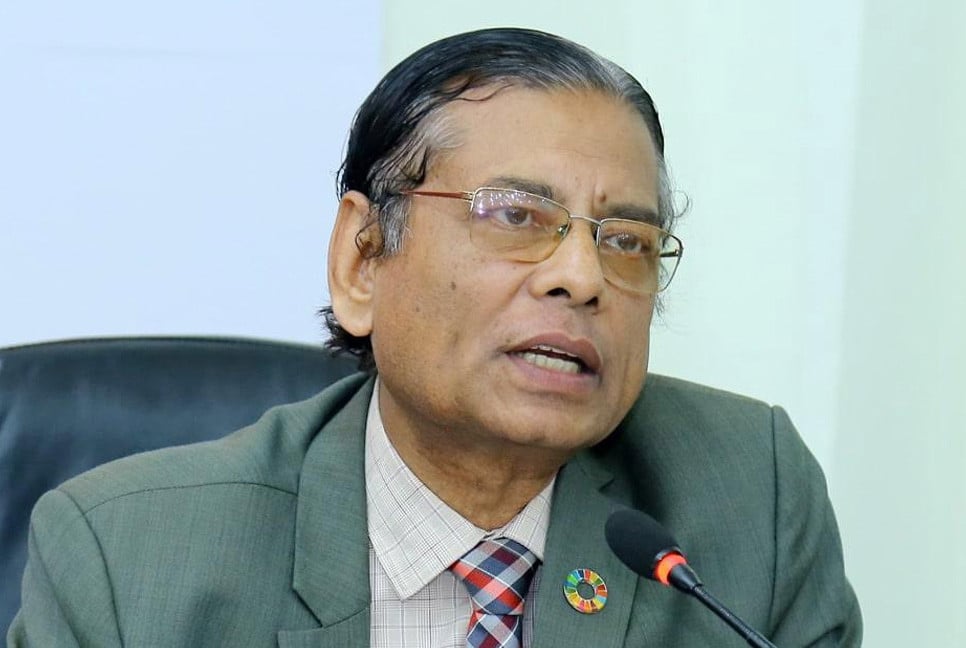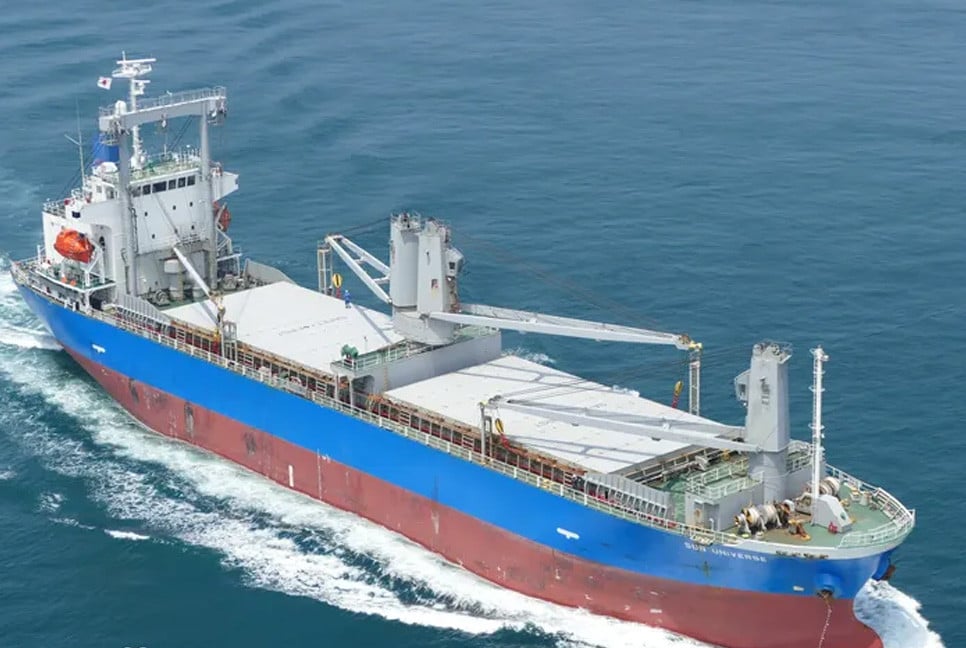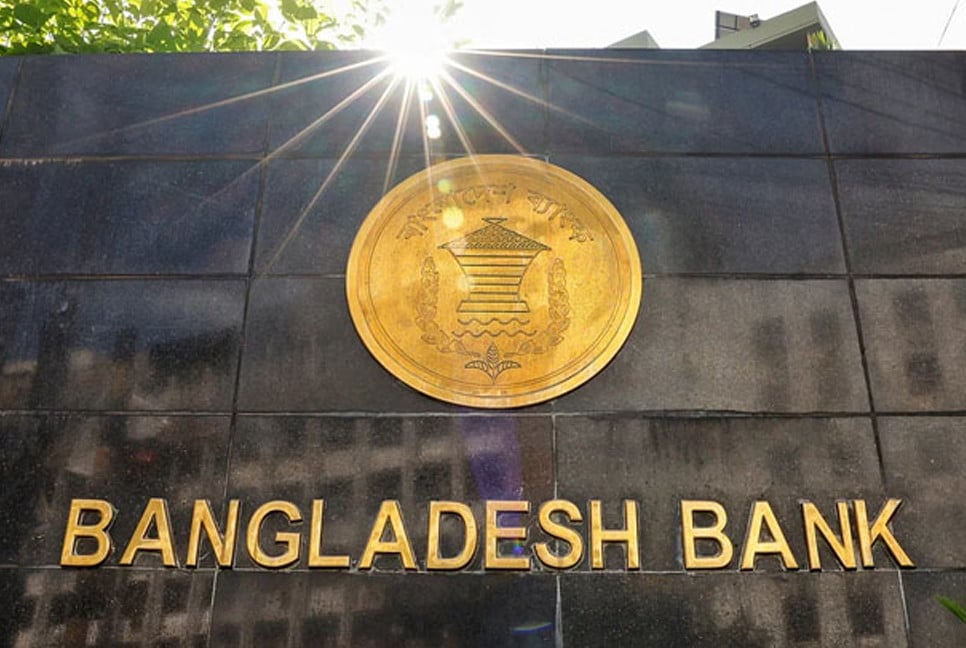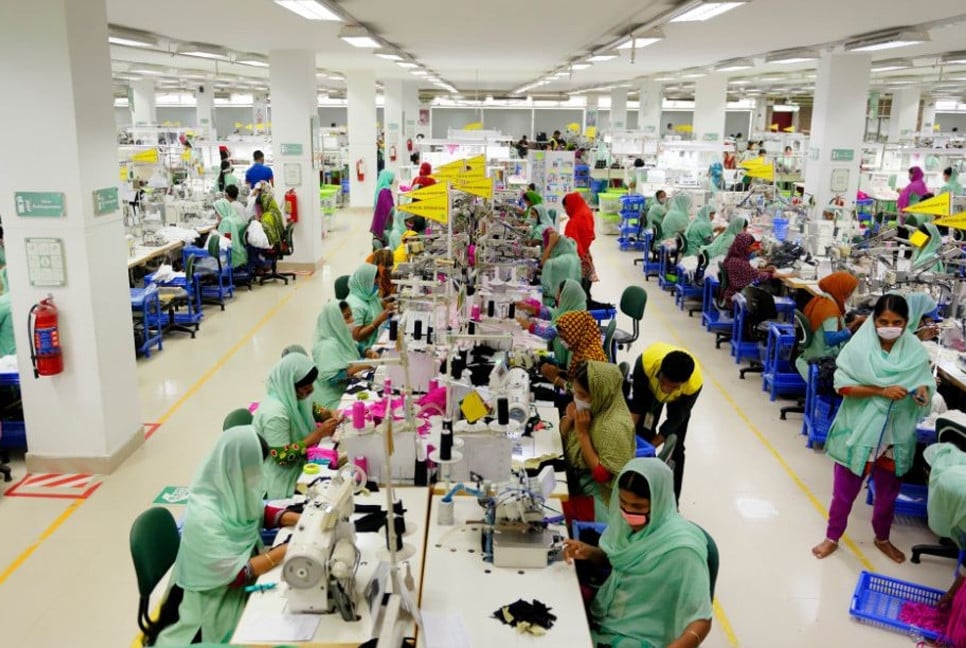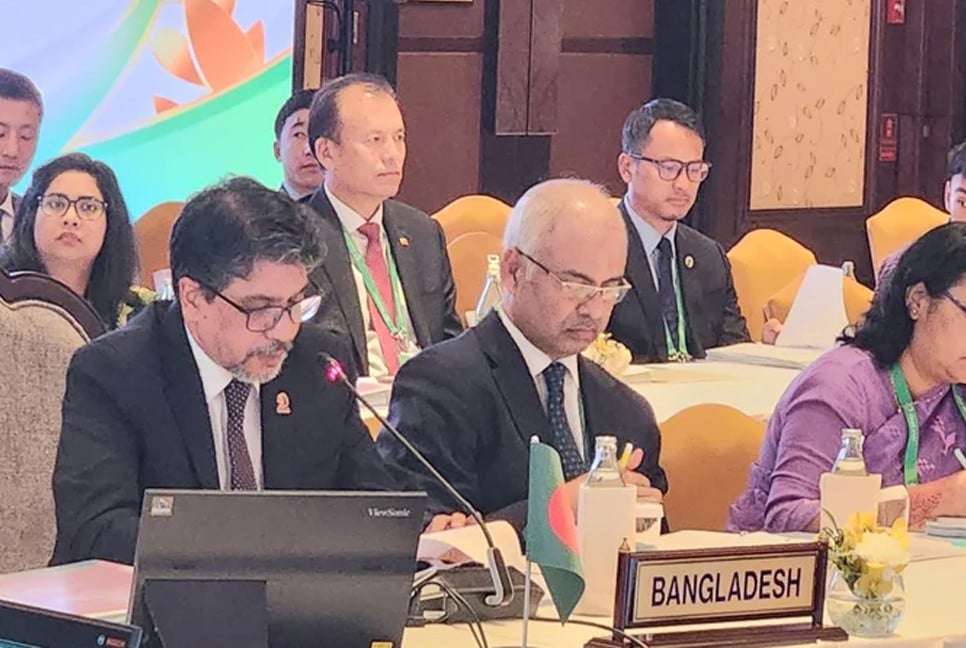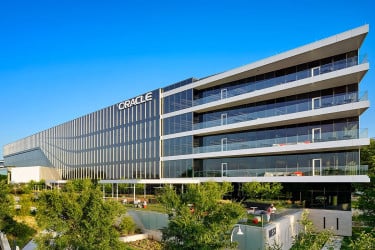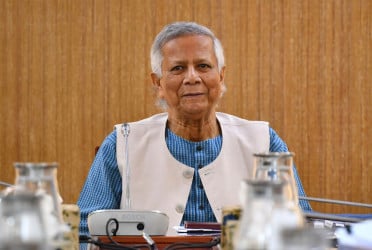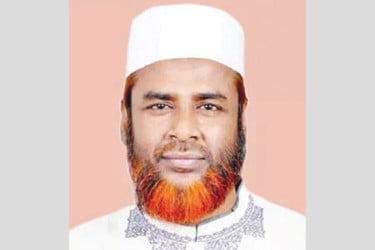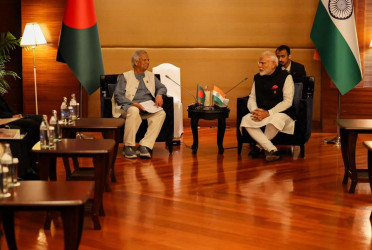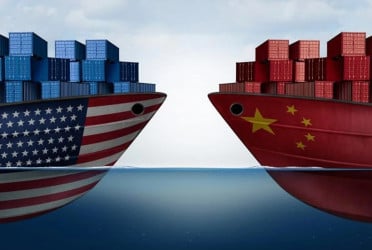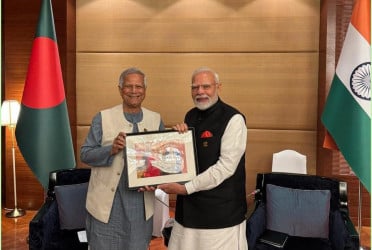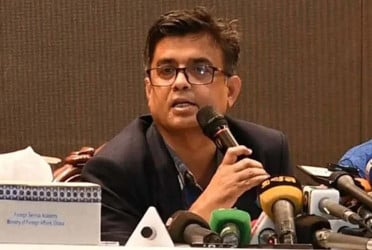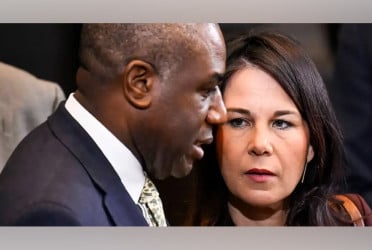The success of Bangladesh’s economic zones is deeply tied to the availability of critical infrastructure such as gas and electricity. The past ousted government's approach to economic zoning was marred by uncoordinated planning and ambitious goals, which ceased to function to ensure simultaneous access to essential utilities like water, electricity, and gas. Had these provisions been made in tandem with the development of the zones, factories could have been operational by now without the current setbacks.
The Bangladesh Economic Zones Authority (BEZA) has already outlined plans to prioritize five economic zones, with Mirsharai being one of the key areas. Significant progress has been made in terms of land acquisition, plot allotment, and industrial development. However, without immediate action to ensure the provision of water, electricity, and gas, the momentum for setting up industries will stall.
Providing just land to investors is not enough. Comprehensive one-stop services, including critical utilities, need to be in place to make these zones viable for both domestic and foreign investors. If these services are not expedited, it will be impossible to attract investments, and the zones will develop a fault to realize their potential.
Services like gas supply and Central Effluent Treatment Plants (CETPs) are essential for the industries to function. Accelerating the provision of these services will not only create jobs but also foster a conducive environment for export-driven industries, driving economic growth.
The uncoordinated planning of economic zones during the previous administration—without considering the provision of essential utilities—has led to missed opportunities. Many industries could have been operational by now if proper planning had been undertaken from the outset.
To realize the full potential of Bangladesh’s economic zones, infrastructure must be prioritized. A holistic approach that includes reliable access to utilities and streamlined services is crucial to attracting investment and ensuring the long-term success of these zones.
Author: Distinguished Fellow, Center for Policy Dialogue (CPD)
Translated by Jisan Al Jubair
Bd-pratidin English

